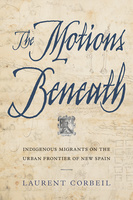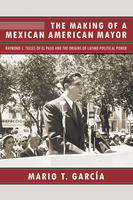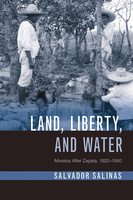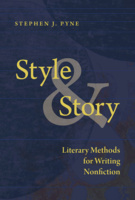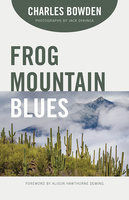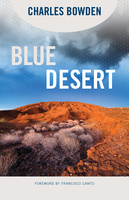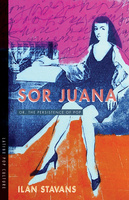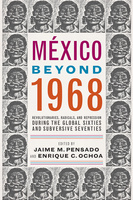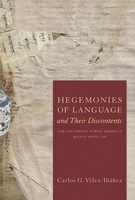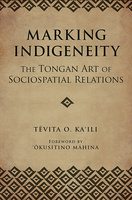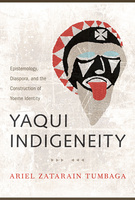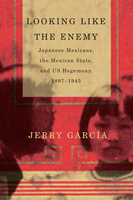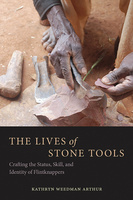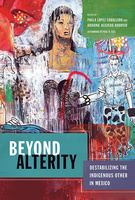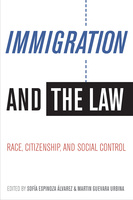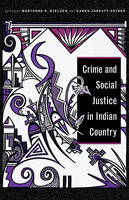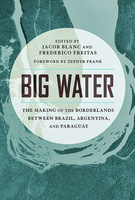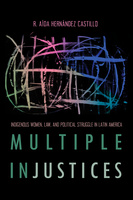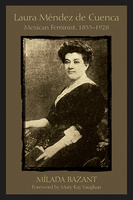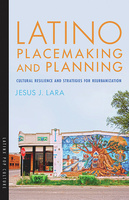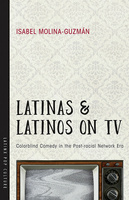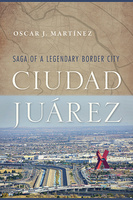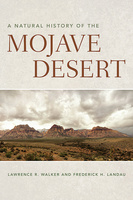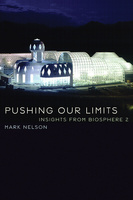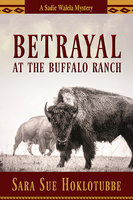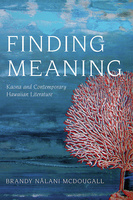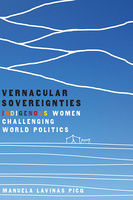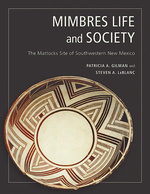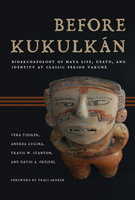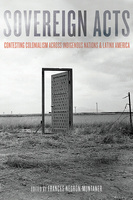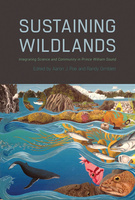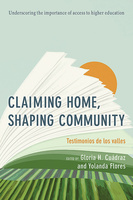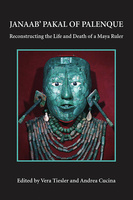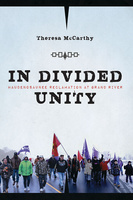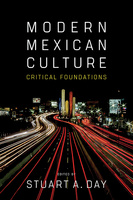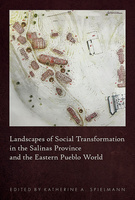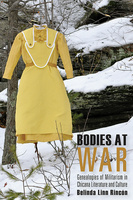The University of Arizona Press is the premier publisher of academic, regional, and literary works in the state of Arizona. They disseminate ideas and knowledge of lasting value that enrich understanding, inspire curiosity, and enlighten readers. They advance the University of Arizona’s mission by connecting scholarship and creative expression to readers worldwide.
Here and There
A Fire Survey
The Motions Beneath
Indigenous Migrants on the Urban Frontier of New Spain
The Making of a Mexican American Mayor
Raymond L. Telles of El Paso and the Origins of Latino Political Power
Politician Raymond L. Telles was the first Mexican American mayor of a major U.S. city and the first Mexican American U.S. ambassador. Mario T. García’s updated biography of the ambitious, distinguished, and talented Telles brings the Chicano struggle for political representation to a new generation of readers.
Land, Liberty, and Water
Morelos After Zapata, 1920–1940
Upstream
Trust Lands and Power on the Feather River
Upstream relates the history behind the nation’s largest state-built water and power conveyance system, California’s State Water Project, with a focus on Indigenous perspectives. Author Beth Rose Middleton Manning illustrates how Indigenous history should inform contemporary conservation measures. She uses a multidisciplinary and multitemporal approach and offers a vision of policy reform that will lead to improved Indigenous futures around the U.S.
Style and Story
Literary Methods for Writing Nonfiction
Frog Mountain Blues
Blue Desert
Encantado
Desert Monologues
Sor Juana
Or, the Persistence of Pop
México Beyond 1968
Revolutionaries, Radicals, and Repression During the Global Sixties and Subversive Seventies
Literature as History
Autobiography, Testimonio, and the Novel in the Chicano and Latino Experience
Hegemonies of Language and Their Discontents
The Southwest North American Region Since 1540
Marking Indigeneity
The Tongan Art of Sociospatial Relations
Yaqui Indigeneity
Epistemology, Diaspora, and the Construction of Yoeme Identity
Trincheras Sites in Time, Space, and Society
Looking Like the Enemy
Japanese Mexicans, the Mexican State, and US Hegemony, 1897–1945
The Shadow of the Wall
Violence and Migration on the U.S.-Mexico Border
The Lives of Stone Tools
Crafting the Status, Skill, and Identity of Flintknappers
Beyond Alterity
Destabilizing the Indigenous Other in Mexico
Immigration and the Law
Race, Citizenship, and Social Control
Crime and Social Justice in Indian Country
Big Water
The Making of the Borderlands Between Brazil, Argentina, and Paraguay
Multiple InJustices
Indigenous Women, Law, and Political Struggle in Latin America
Laura Méndez de Cuenca
Mexican Feminist, 1853–1928
Latino Placemaking and Planning
Cultural Resilience and Strategies for Reurbanization
Latinas and Latinos on TV
Colorblind Comedy in the Post-racial Network Era
Ciudad Juárez
Saga of a Legendary Border City
A Natural History of the Mojave Desert
The Interior West
A Fire Survey
The Real Horse
Poems
Pushing Our Limits
Insights from Biosphere 2
Connected Communities
Networks, Identity, and Social Change in the Ancient Cibola World
Bright Raft in the Afterweather
Poems
Betrayal at the Buffalo Ranch
All They Will Call You
Finding Meaning
Kaona and Contemporary Hawaiian Literature
The first extensive study of contemporary Hawaiian literature, Finding Meaning examines kaona, the practice of hiding and finding meaning, for its profound connectivity. Through kaona, author Brandy Nalani McDougall affirms the tremendous power of Indigenous stories and genealogies to give lasting meaning to decolonization movements.



